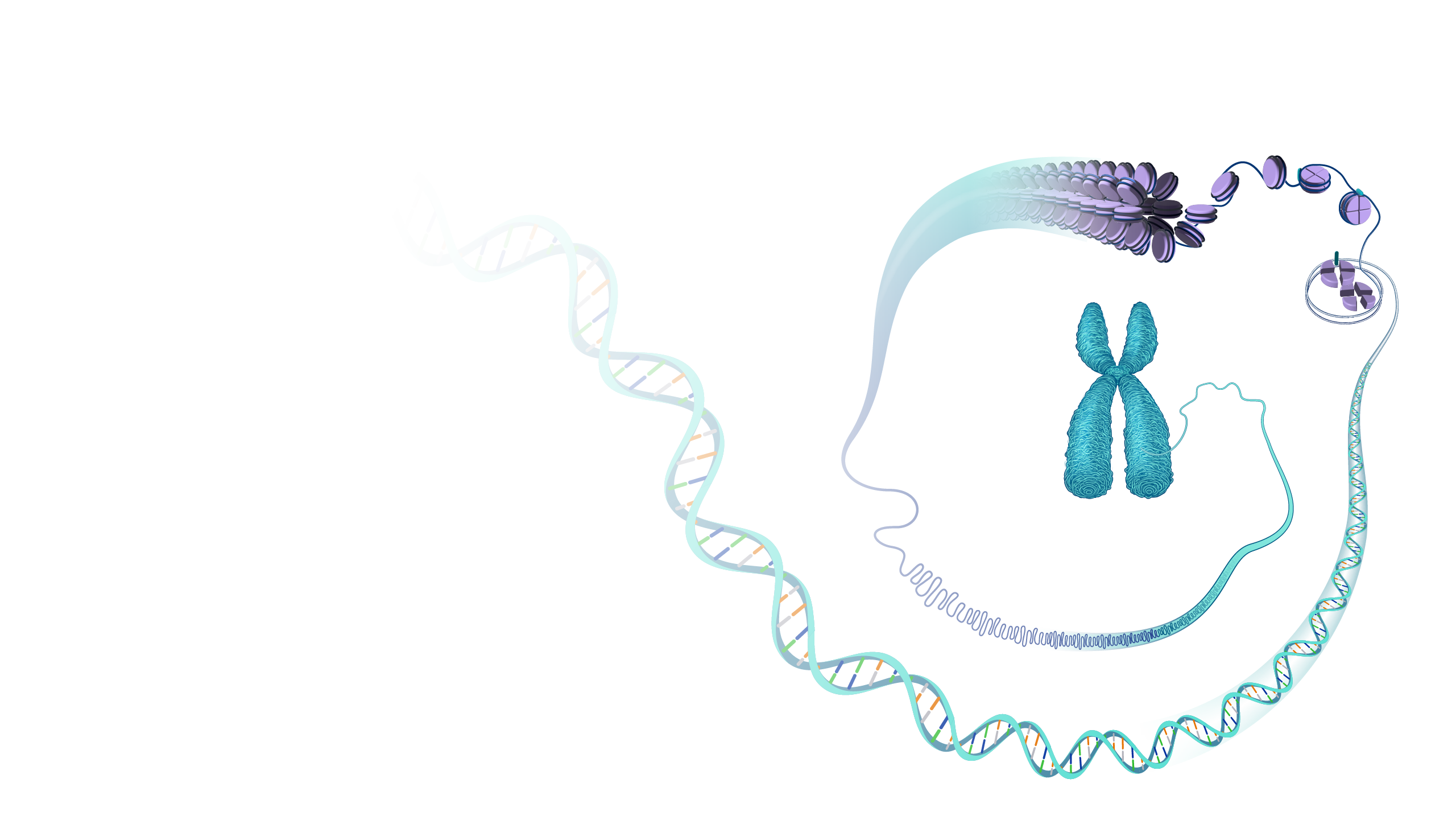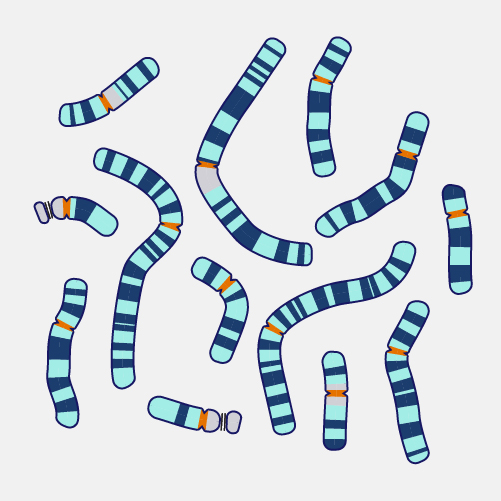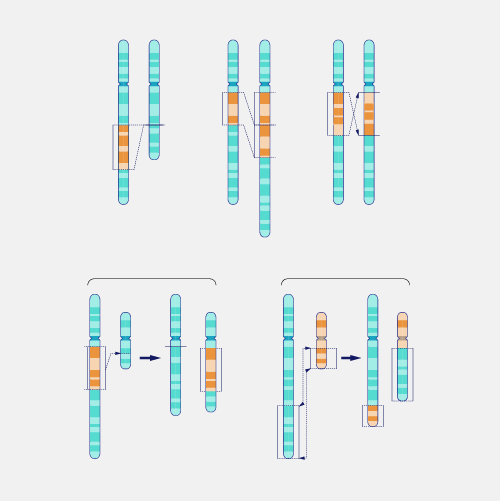
Environmental Factors
Definition
Environmental factors, as related to genetics, refers to exposures to substances (such as pesticides or industrial waste) where we live or work, behaviors (such as smoking or poor diet) that can increase an individual’s risk of disease or stressful situations (such as racism). Genetic studies often take environmental factors into consideration, as these exposures can increase an individual’s risk of genetic damage or disease.
Narration
Environmental Factors. Many things in the environment impact our health. This includes pollution in the air we breathe, carcinogens in the food we eat, pesticides, lead, increased computer screen time, you name it. Understanding environmental factors is important for understanding genomics. Environmental factors can lead to genetic damage that causes disease. There are also often gene-environment interactions, or a complex interplay between genes and environment, that underlie the risk and development of disease. Since the end of the Human Genome Project, we have seen dramatic improvement in our ability to measure genetic variation. Accuracy has gone up, costs have gone down. Meanwhile, the environmental factors remain numerous, complex, difficult to standardize, and highly variable over time. A key challenge to understanding the influence of genomics on disease will involve figuring out how to best measure, integrate, and analyze environmental data as part of our genomic studies.





